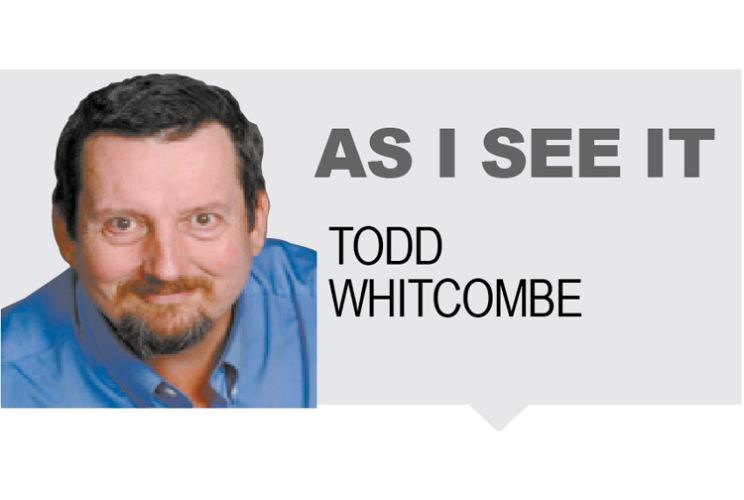The very first of these columns was "Education is the key." There are numerous studies showing the societal benefits of a well-educated population.
These are not just limited to better jobs and education is not limited to just university degrees. Any step up the educational ladder improves health outcomes, longevity, social status, environmental protection and a host of other metrics. Education is the key to a better, brighter future for us all.
But education is particularly critical to our health care system in northern British Columbia. I would argue this is true for the rest of the province outside of the Lower Mainland and the capital region district as well. Or maybe I should say it is critical everywhere in the province but the level of health care education outside of the Lower Mainland and capital region district is insufficient.
Except these are broad generalizations. There has been a lot of work done already in regards to developing a distributed medical education system. Consider the Northern Medical Program which began as a result of a rally on June 22, 2000 with 7,000 citizens supporting the Northern Medical Society's lobby for medical education in the region.
The resulting program involved many months of negotiations to achieve a medical school at UNBC. There was a great deal of trepidation amongst those involved. No one knew if it would be successful or practical. How would distance delivery work? Could equivalent courses be offered? How would practical experience be developed? Where would the students do their residencies?
Perhaps the most important question though was "would the students stay in the north once they finished their degrees?"
After a decade and a half, the answer appears to be yes. Not every doctor trained here stays here but enough to make the effort worthwhile. And many of the doctors who have moved away have gone into small town and rural practices elsewhere in the province or across the country. The NMP has a reputation for producing top-notch, capable physicians.
Further, as mentioned on Saturday night at the Bob Ewert Memorial Dinner and Lecture, we are starting to see students who needed to go elsewhere for further training returning and establishing their practices in the north.
Perhaps more importantly, the presence of a medical school in the north has inspired a generation of students to complete their university degrees here and then continue on to medicine. So far, about 150 UNBC graduates have been admitted to the NMP and many others have been accepted into the Vancouver, Island, and Southern medical programs. The health care system is richer because of the educational opportunities.
The same could be said for nursing. The collaborative program between the colleges and UNBC has graduated 1,436 nurses since 2000. Again, not everyone stays in the north and, according to a recent report, Northern Health is 121 full-time equivalent registered nurses short, but the Northern Collaborative Baccalaureate Nursing Program is graduating approximately 100 new nurses per year. Hopefully, this will trim the shortage over time.
However, if one looks at the original planning documents for UNBC, two professions - physiotherapy and occupational therapy - were identified as critical components of health care in rural British Columbia. Some 30 years later, we still don't have educational opportunities for either degree outside of the Lower Mainland.
And the need remains.
At the dinner on Saturday night, the guest speaker, Michael "Pinball" Clemons, among others, was sporting a badge proclaiming the need for PT and OT education in the north and at UNBC. During his speech, he spoke to the topic. He pointed out that while everyone might have access to physiotherapy, having to travel to Vancouver for an appointment doesn't provide for equal access. Equity of opportunity is important.
Having a football player and coach talk about physiotherapy is appropriate but he also talked about teamwork. Increasingly, medicine is delivered in teams consisting of doctors, nurses, specialists, physiotherapists, and occupational therapists. All of these professionals must work together if we are to achieve acceptable health outcomes. And that means having enough "players" to allow the team to work.
The distributed model for medical education was an experiment in the early 2000s but we now know it works. A joint program between UBC and UNBC or an independent physiotherapy and occupational therapy program would go a long way to benefiting the northern two-thirds of B.C. It would start the process of getting us to equitable treatment.
Both degree programs should be high on the list of priorities for health care in the north. Education is essential. And educating professionals where they will practice is way we should go.



